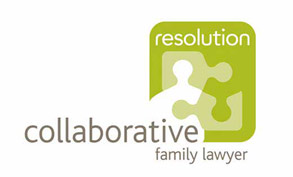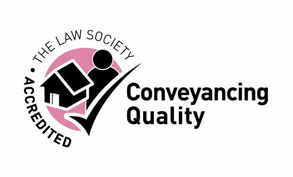Estate & Inheritance Tax Planning
At Baines Bagguley Penhale our qualified and experienced legal advisors regularly assist clients in determining whether Inheritance Tax is likely to be payable once they have passed away...
Estate & Inheritance Tax Planning
Inheritance Tax is a tax that is payable on a person’s estate once they have passed away. It can also be payable in other circumstances such as when a gift is made within 7 years before a person passes away.
At Baines Bagguley Penhale our qualified and experienced legal advisors regularly assist clients in determining whether Inheritance Tax is likely to be payable once they have passed away, and if so whether there are any steps that they can take to reduce or limit the level of tax payable.
Due to ever increasing property values more and more people are now finding that their estate has gone above the Inheritance Tax limit, currently £325,000.00, known as ‘the nil rate band’. In the last couple of years an additional allowance known as the ‘residence nil rate band’ has been introduced which can, when available, provide further relief up to an additional £125,000. It is therefore becoming more and more important to take proper advice as early as possible to ascertain whether there are any steps that you could be taking to limit this liability. This can be by taking steps during your lifetime or by writing the terms of your will in a specific way.
Estate & Inheritance Tax Planning
Simple steps taken during your lifetime or writing the terms of your will in a specific way can help limit the impact upon your estate.
There are various provisions, allowances, exemptions and reliefs available that can help limit the impact of tax upon your estate. This can be something as simple as making gifts each year up to the permitted amount to reduce your estate or more complex arrangements such as considering whether you have any assets or property that could be placed into trust for the benefit of other family members, thereby putting those assets outside of your estate for inheritance tax purposes.
To find out whether your estate is likely to be taxable, and if so, to obtain advice on any steps that could be taken to limit that liability, please contact us.









